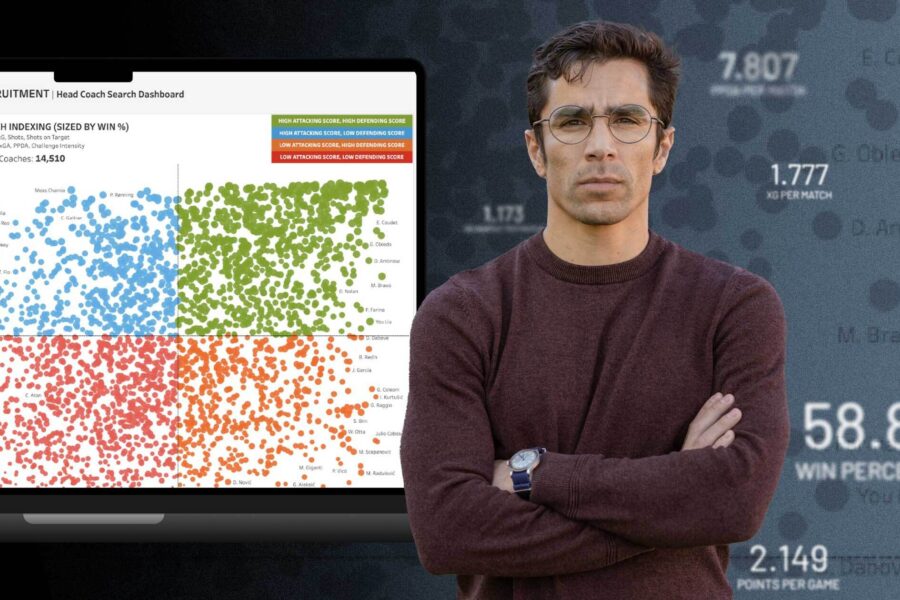The Importance of Succession Planning: Who Is the Best or Next Coach of a Club?

Who is the best or next coach for a club? This roundtable discussion with a panel of seasoned sporting directors gives us their expert takes on the subject.
“Clubs spend so much money on recruitment departments for players. And yet one of the most significant appointments we're all going to make is the Head Coach”
Why succession planning recruitment is important?
Selecting a new Head Coach is a huge decision to make and can be fraught with danger leading to relegation, fan negativity, player unrest, reduced turnover from compensation payouts and cost of replacement of support staff, to name just a few possible negative outcomes from making the wrong appointment.
In contrast to player scouting, coaches have predominantly been recruited with little or no evidence, mainly this is done through conversations with a trusted network of contacts. However, this approach can be flawed with human cognitive biases, which poses a risk, especially when there are more modern and efficient methods of scouting and recruitment than can be integrated with data and technology.
Game Model and KPI’s
Clubs spend so much money on recruitment departments for players and yet one of the most significant appointments a club will make is the Head Coach. So allocating sufficient internal resources to ensure succession planning through scouting, shortlisting and monitoring potential candidates is crucial. This scouting and monitoring process must be benchmarked against a clear set of defined KPI’s based on a club’s game model.
Using an external data analysis tool to assess and build profiles on Head Coaches based on the game model they are implementing is crucial in the role of succession planning. Whether that game model is the model you are currently using, or if it's a model you aspire to use in the future - the latter point is especially true in the case of an incoming or predicted change in level within the league structure due to promotion or relegation.
A strong and defined set of KPIs allows for a more refined filtering process of eligible Head Coaches who are being monitored. It is crucial that these KPI’s are agreed upon across all internal stakeholders, from the boardroom, to the staff who manage data analytics and technical committees.
Shortlist and Monitoring
How often should a managerial shortlist be reviewed as part of the thought process behind long term succession planning? It's easy to check in on that list when you need to because there's speculation about the incumbent Head Coach maybe being courted by a rival, or if results aren't going well. But even when things are going well, how often should a club review their shortlist?
A shortlist must be ongoing throughout the duration of the Head Coach’s tenure, because there are going to have candidates on your list who are signed up to other clubs. There's also going to be other candidates that emerge and will be added to the list - consistent monitoring is required to ensure this shortlisting process is efficient.

